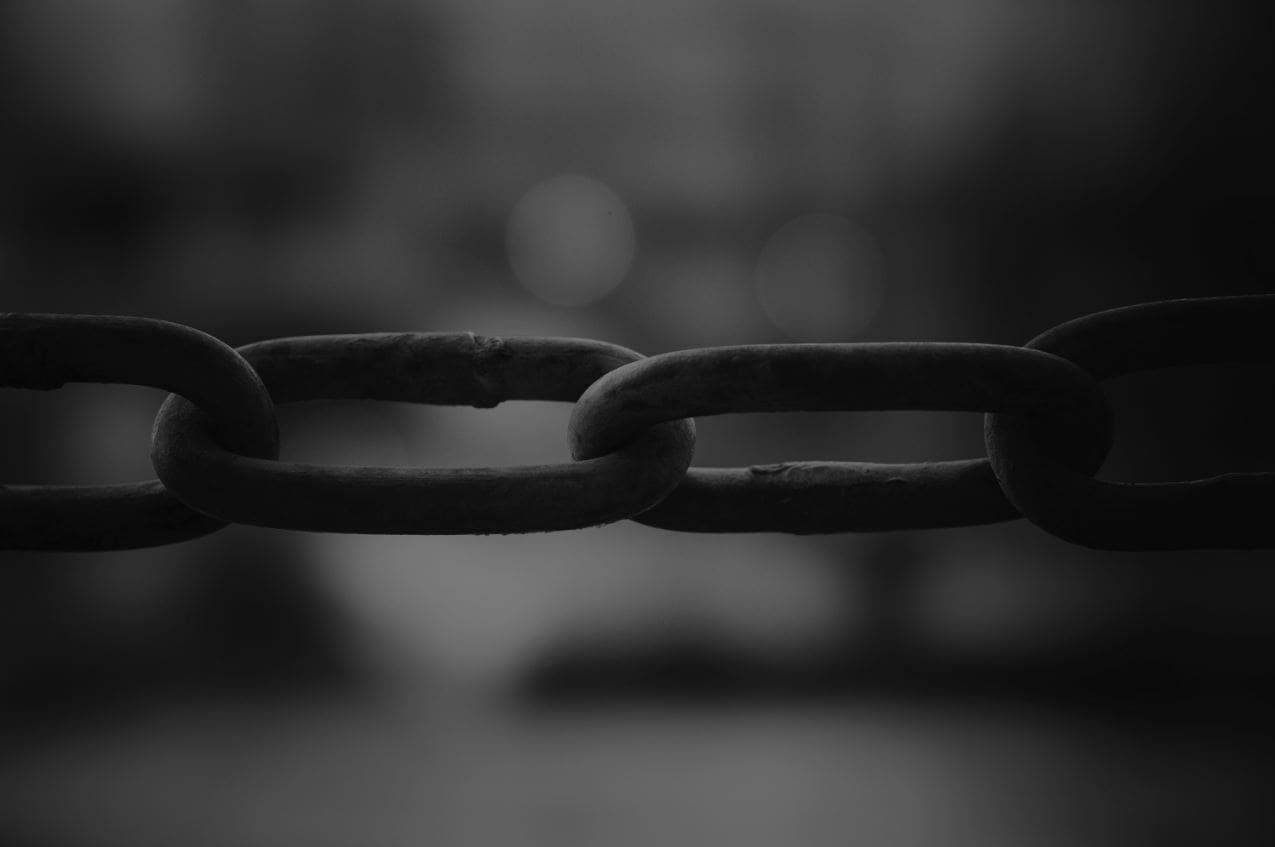On the 13 March 2024, the European Union agreed to adopt legislation to ban products made from forced labour from the EU market. With its striking similarities with the US Uyghur Forced Labor Protection Act (UFLPA), the legislation is another signal from Brussels of its determination to address exploitation across international supply chains.
The Forced Labour Regulation is likely to complement similar supply chain legislation developed by the EU including the Carbon Border Adjustment Mechanism (CBAM), Corporate Sustainability Due Diligence Directive (“CSDDD or CS3D”) and the Regulation on Deforestation-free Products (EUDR).
This blog provides insight into what we know so far and the impact the proposed legislation is likely to have on businesses.
Basics of the Legislation
The basic premise of the legislation is the prohibition of products made with forced labour, preventing their import into the European market for sale. The definition of forced labour is based on the International Labour Organisation (ILO) definition as outlined by the Forced Labour Convention 1930 and will cover all products with a monetary value. The legislation will cover all tiers of the production process from manufacturing through to the extraction of raw materials.
Enforcement and Investigation
To enforce the legislation, the EU Commission and national authorities will cooperate through the recently created Network Against Forced Labour Products. The network will help coordinate intelligence-sharing and investigation activities. A database of high-risk geographies, sectors and product groups will be developed as part of the coordination effort to facilitate a risk-based approach to due diligence. Where an investigation concludes that forced labour has been used, national authorities may demand products are withdrawn from the EU market or are confiscated at borders.
How Companies Should Prepare
Companies should ensure that appropriate levels of evidence have been collected where high-risk products or products from high-risk regions may be being imported into the EU market. Product specific information across multiple tiers of the supply chain should be available that enables authorities to investigate forced labour risk. Companies should ensure that appropriate levels of due diligence have been conducted which align to national law or recommendations by international organisations like the Organisation for Economic Co-operation and Development (OECD), International Labour Organisation (ILO) and United Nations (UN).
Summary
Following its introduction the UFLPA had notable impact on US companies, particularly those involved in the import of textile products or electronic goods, including products such as solar panels. Companies should make themselves aware of EU guidance when published in order to ascertain the levels of due diligence and information gathering that will be required of them to comply with the legislation. Failure to prepare effectively is likely to result in significant customs delays and financial implications.
Contact us to learn more about how Achilles can support your business to ensure compliance with the EU Forced Labour Regulation and other associated legislation.


